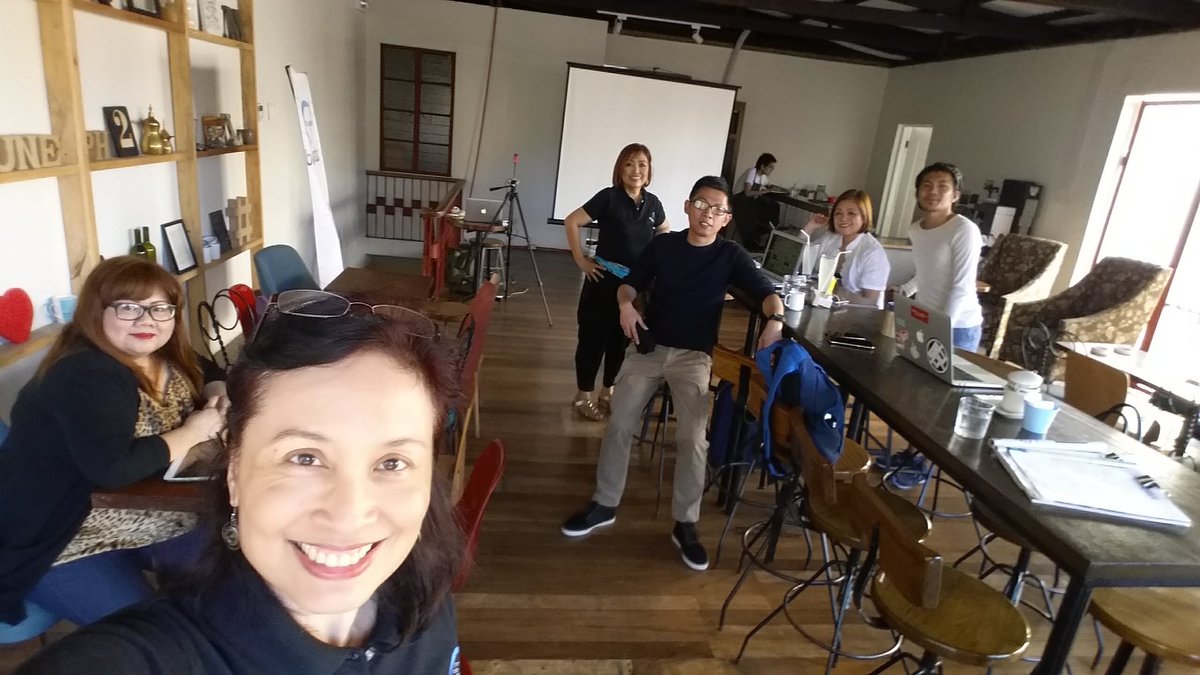The fight against misinformation on Covid-19 vaccine
The new year offers some hope. Hope that the government could soon get the Covid-19 vaccines and make them available to people. We must prepare ourselves with accurate, science-based information from credible websites endorsed by the Vaccine Safety Net (VSN; https://www.vaccinesafetynet.org/). Started by the World Health Organization (WHO) in 2003, the VSN’s mission is to help internet users find reliable vaccine safety information tailored to their needs. The Philippine Foundation for Vaccination (https://www.philvaccine.org/) is one of the 94 member-websites in 41 countries.
Vaccine hoaxes and misinformation are all over social media. In October 2019, The Lancet journal published “Vaccine misinformation and social media.” In its report, the WHO no longer considered the United Kingdom to have eliminated measles. Confidence in vaccines wavered not only there, but also in Ukraine. Vaccine hesitancy could be due to conspiracy theories, general distrust, belief in alternatives, or concerns about safety. The WHO defines this as a “delay in acceptance or refusal of vaccines despite availability of vaccination services.”
Other messages fall into the category of disinformation and creating false equivalence. A study co-authored by David Broniatowski and published at the US National Library of Medicine National Institutes of Health found out that Russian trolls tweeted both pro-vaccine and anti-vaccine messages to create discord and eroding public consensus on vaccination.
Rappler once ran a fact check on a photo being shared on Facebook that falsely claimed that Covid-19 “vaccine patients” have started eating other patients. Using reverse image search, Rappler exposed the photo as uploaded in an opinion piece on gun violence published in The New York Times on Feb. 14, 2019. Another fact-check by Rappler is about a video on the Facebook page “Lynn Channel” that claims the Covid-19 “pandemic is over. and there is no need for a vaccine against SARS-CoV-2, the virus that causes the disease.”
This is another false claim, since the pandemic is still ongoing. The WHO recommended vaccination as one strategy that could bring an end to the Covid-19 pandemic in its weekly epidemiological update on Covid-19 on Dec. 8, 2020.
It’s heartening to note that social media companies are taking action. Twitter expanded its policy on misleading information and may require people to remove Tweets that advance harmful false or misleading narratives about Covid-19 vaccinations, including “false claims that suggest immunizations and vaccines are used to intentionally cause harm to or control populations, including statements about vaccines that invoke a deliberate conspiracy; false claims which have been widely debunked about the adverse impacts or effects of receiving vaccinations; or false claims that Covid-19 is not real or not serious, and therefore that vaccinations are unnecessary.”
Facebook also widened its current rules against falsehoods and conspiracy theories about the pandemic. In its Dec. 3, 2020 update, removing false claims could include the safety, efficacy, ingredients, or side effects of the vaccines. For example, Facebook will remove false claims that Covid-19 vaccines contain microchips, or anything else that isn’t on the official vaccine ingredient list. Conspiracy theories about Covid-19 vaccines that are known today to be false would also be removed.
Meanwhile. Google is launching information panels on Search, so when people look up information for Covid-19 vaccines, a list of authorized vaccines in their location will come out, including information panels on each individual vaccine. As other health authorities begin authorizing vaccines, Facebook will introduce this additional feature in more countries. Google will also add information about vaccines to its Covid-19 information panels on YouTube, which has been a major vector of conspiracy theories around the disease and any prospective vaccines. They will continue to remove harmful Covid-19 misinformation across other products like Ads, Google Maps, and the Play store. These social media companies will also provide additional context and authoritative information about Covid-19.
You could also help stop the spread by only sharing information from reputable news sites, official health sources and websites endorsed by the Vaccine Safety Net. Accurate information could save lives. Together, let’s fight against misinformation.
First published at Sunday Business & IT on January 3, 2020


